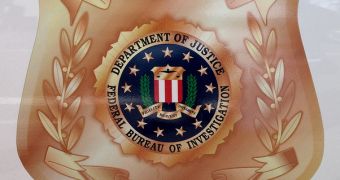Speaking on behalf of the FBI at the Flemings Cyber Security conference, the deputy assistant director of the Bureau’s Cyber Division admitted that the infrastructures of three cities were illegally accessed by hackers who made use of vulnerabilities in supervisory control and data acquisitions (SCADA) systems.
Michael Welch didn’t name the cities, but he claims that in theory the hackers could have caused havoc as they had the chance to shut off the power to a mall and even dump sewage water into a lake, Information Age reports.
“We just had a circumstance where we had three cities, one of them a major city within the US, where you had several hackers that had made their way into SCADA systems within the city,” Welch revealed.
He believes that the attacks were a way for the cybercriminal to tease city officials and law enforcement by showing them how weak their infrastructures actually are.
“Essentially it was an ego trip for the hacker because he had control of that city’s systems and he could dump raw sewage into the lake, he could shut down the power plant at the mall – a wide array of things,” he said.
He didn’t point out whether Springfield or South Houston are among the three cities or other three locations were penetrated, but it’s clear that the authorities are losing control over the situation.
While the DHS still denies that any hacking operation took place in Illinois when the water pump was burned out, the incident that occurred at the South Houston water utility was actually proved by the hacker that managed to breach their systems.
At the time, the hacker pr0f even took a few screenshots to show he was able to access the human machine interfaces that control the machinery at the utility.
As a direct result of these occurrences, the FBI now plans to double the size of its Cyber Division in the next 12 to 18 months.

 14 DAY TRIAL //
14 DAY TRIAL //